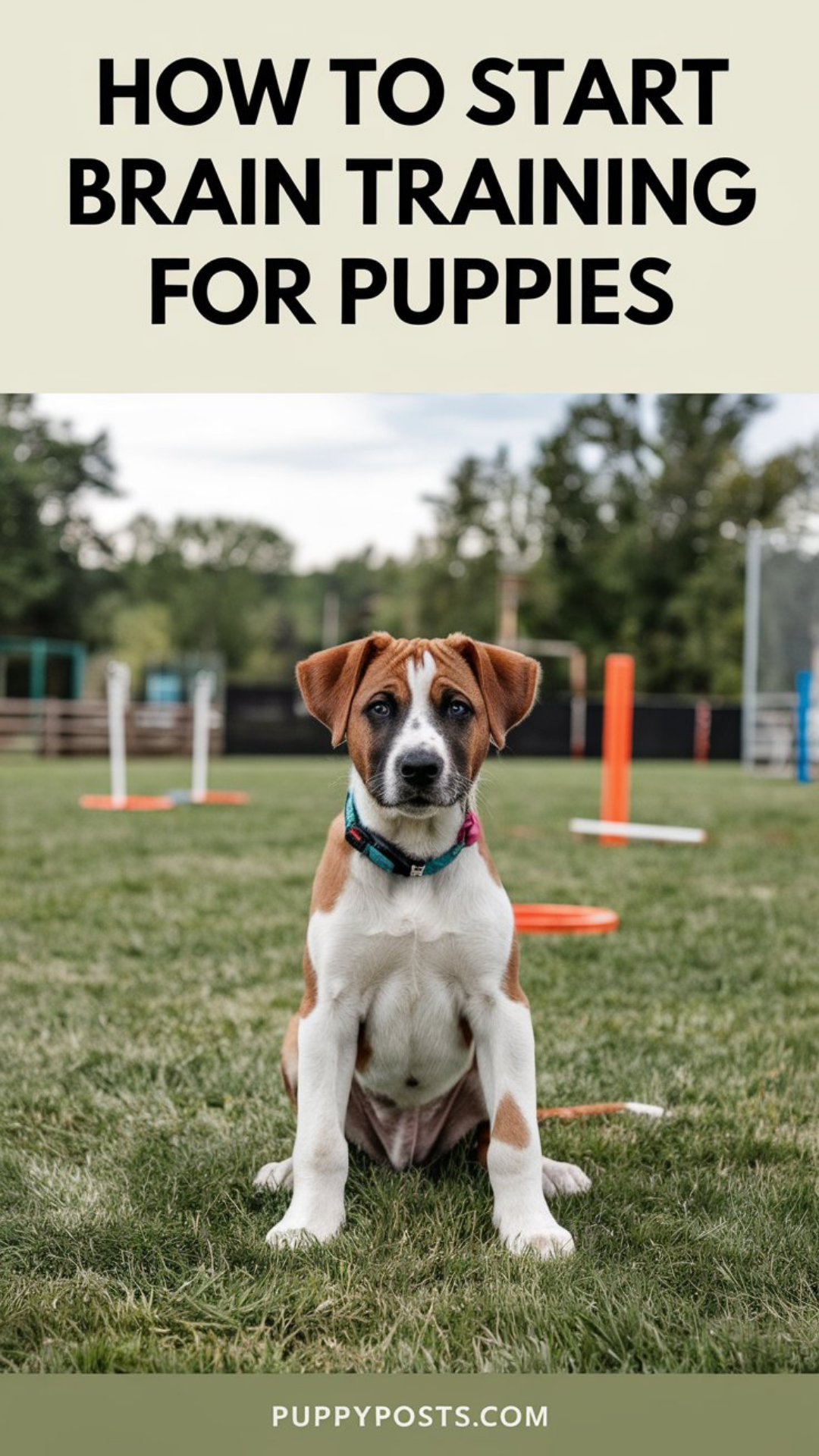How to start brain training for puppies
Alright, listen up. Puppies are bundles of energy and curiosity, but without proper mental training, that energy can turn into chaos. I’m a veterinarian with over ten years’ experience running a sanctuary for stray dogs and cats, and I can tell you straight—brain training is just as important as physical exercise. If you want a well-behaved, sharp puppy, you gotta start brain training early and do it right. Here’s how to get your puppy’s mind working from day one.

Understand Why Brain Training Matters
Mental exercise tires your puppy out just like a long walk. It improves focus, reduces boredom, and lays the groundwork for good behavior. A well-stimulated puppy grows into a confident, calm dog.
Start with Simple Commands and Games
Begin with basic obedience commands like “sit,” “stay,” and “come.” Use short, frequent training sessions—5 to 10 minutes—so your puppy stays engaged without getting overwhelmed. Keep it fun and rewarding.
Use Positive Reinforcement
Reward your puppy immediately when they get it right. Treats, praise, and toys work wonders. Positive reinforcement builds your puppy’s trust and makes learning a good experience.
Introduce Puzzle Toys and Interactive Games
Puzzle feeders and interactive toys challenge your puppy to think and problem-solve. These tools keep their brain active and prevent destructive boredom.
Gradually Increase Difficulty
As your puppy masters basics, add new commands or lengthen the “stay.” Mix up training locations and distractions to build real-world skills. Challenge is key to growth.
Incorporate Scent and Nose Work
Dogs live in a world of smells. Games that encourage your puppy to use their nose—like hide-and-seek with treats—stimulate their brain in a natural, rewarding way.
Be Patient and Consistent
Puppies learn at their own pace. Stay patient, keep training consistent, and maintain a calm tone. Your steady leadership helps your puppy build confidence and focus.
Starting brain training for puppies early sets the stage for a well-behaved and balanced dog. Keep sessions short, use positive rewards, and keep challenging your pup’s mind. Do it right, and you’ll have a smart, happy dog for life.







